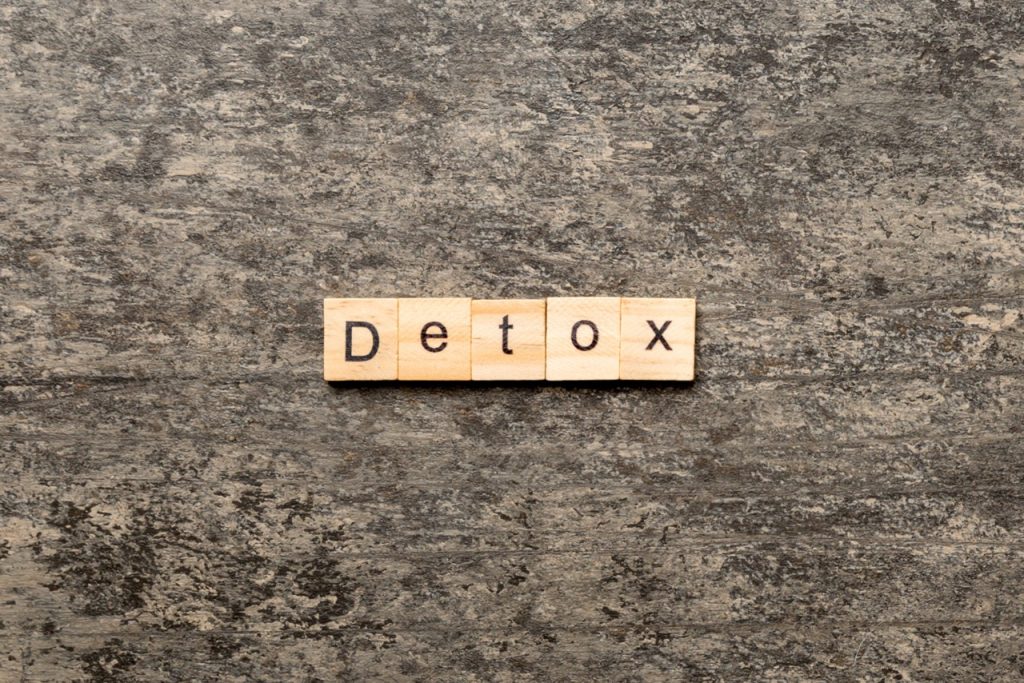Whole-Person Detox: Beyond Physical Withdrawal

For years, detox programs focused almost exclusively on managing the physical process of withdrawal. While essential, this approach often overlooked the emotional, mental, and spiritual needs of people in recovery. Today, whole-person detox is reshaping the way we think about healing.
What is whole-person detox?
It’s an approach that recognizes addiction affects the entire person — body, mind, and spirit. Physical detox alone cannot restore long-term balance. That’s why progressive programs now include emotional therapy, nutritional counseling, mindfulness practices, and social support.
Key elements of whole-person detox:
- Mental health care: Many people entering detox also struggle with anxiety, depression, or trauma. Addressing these issues reduces relapse risk.
- Nutrition & wellness: Proper diet, hydration, and sleep strengthen the body, helping it recover from substance damage.
- Holistic practices: Yoga, meditation, and breathwork can calm the nervous system and improve resilience.
- Social connection: Healing relationships and support groups play a vital role in sustained recovery.
Why it matters:
By treating the person — not just the symptoms — whole-person detox creates a foundation for healthier, longer-lasting recovery. Patients often report feeling more empowered and supported, with tools they can carry into everyday life.

